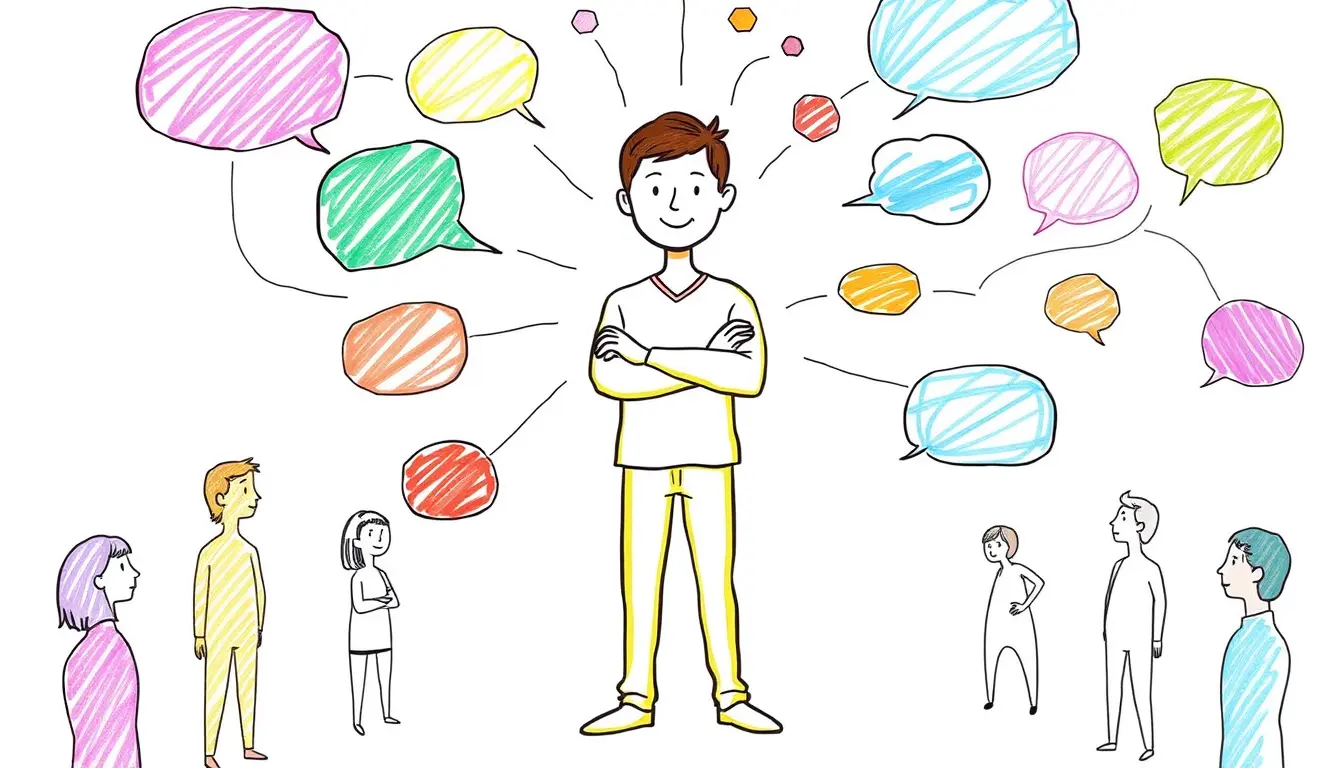Good negotiation is an essential skill that can benefit individuals in various aspects of life, from personal relationships to professional careers. It involves effective communication, strategic planning, and a deep understanding of human psychology. In this article, we will explore the key elements of good negotiation, providing you with practical tips and techniques to improve your negotiation skills.
Understanding the Basics of Good Negotiation
Good negotiation is not about winning or losing; it’s about finding a mutually beneficial agreement that satisfies both parties. A good negotiator must be able to listen actively, empathize with the other party, and remain flexible throughout the negotiation process. To achieve this, it’s essential to understand the interests, needs, and limitations of both parties involved.
When preparing for a negotiation, it’s crucial to do your research and gather as much information as possible about the other party. This includes their goals, constraints, and potential alternatives. By doing so, you can identify potential areas of agreement and develop a strategy that takes into account the other party’s perspective.
Active Listening: The Key to Good Negotiation
Active listening is a critical component of good negotiation. It involves fully concentrating on what the other party is saying, understanding their concerns, and responding appropriately. Active listening helps to build trust, diffuse tension, and create a positive atmosphere for negotiation.
To practice active listening, make sure to:
-
Maintain eye contact with the other party
-
Avoid interrupting or dismissing their concerns
-
Paraphrase and summarize what they say to ensure understanding
-
Ask open-ended questions to encourage them to share more information
Developing a Negotiation Strategy
A well-planned negotiation strategy is essential to achieving a successful outcome. This involves setting clear goals, identifying potential obstacles, and developing a plan to overcome them.
Setting Clear Goals
Before entering into a negotiation, it’s essential to set clear and specific goals. What do you want to achieve? What are your non-negotiables? What are you willing to compromise on? By setting clear goals, you can focus your efforts and make more effective decisions during the negotiation process.
Identifying Potential Obstacles
Every negotiation involves potential obstacles that can derail the process. These may include differences in opinion, conflicting interests, or external factors beyond your control. By identifying potential obstacles, you can develop a plan to overcome them and stay on track.
Developing a Plan to Overcome Obstacles
Once you’ve identified potential obstacles, it’s essential to develop a plan to overcome them. This may involve:
-
Identifying alternative solutions that meet both parties’ needs
-
Developing a contingency plan in case of unexpected setbacks
-
Building relationships with key stakeholders to gain their support
Effective Communication in Negotiation
Effective communication is critical to successful negotiation. This involves using clear and concise language, avoiding misunderstandings, and adapting your communication style to the other party’s needs.
Using “I” Statements
Using “I” statements can help to avoid blame and defensiveness, creating a more positive atmosphere for negotiation. Instead of saying “you never,” say “I feel frustrated when.” This helps to express your concerns without attacking the other party.
Avoiding Misunderstandings
Misunderstandings can quickly derail a negotiation. To avoid them, make sure to:
-
Clarify any unclear points or assumptions
-
Repeat back what you’ve understood to ensure accuracy
-
Ask questions to clarify the other party’s concerns
Building Relationships in Negotiation
Building relationships is a critical component of good negotiation. By establishing trust, credibility, and rapport with the other party, you can create a more positive and collaborative atmosphere for negotiation.
Establishing Trust
Trust is the foundation of any successful negotiation. To establish trust, make sure to:
-
Be transparent and honest in your communication
-
Follow through on your commitments
-
Show empathy and understanding towards the other party’s concerns
Building Credibility
Credibility is essential to establishing trust and building relationships. To build credibility, make sure to:
-
Be knowledgeable about the subject matter
-
Provide evidence to support your claims
-
Demonstrate a willingness to compromise and find mutually beneficial solutions
FAQs
What is the key to good negotiation?
The key to good negotiation is understanding the interests, needs, and limitations of both parties involved, and being able to find a mutually beneficial agreement that satisfies both parties.
How do I prepare for a negotiation?
To prepare for a negotiation, research the other party, identify potential areas of agreement, and develop a strategy that takes into account the other party’s perspective.
What is active listening, and why is it important in negotiation?
Active listening is the process of fully concentrating on what the other party is saying, understanding their concerns, and responding appropriately. It helps to build trust, diffuse tension, and create a positive atmosphere for negotiation.
Conclusion
Good negotiation is a skill that requires practice, patience, and persistence. By understanding the basics of good negotiation, developing a negotiation strategy, communicating effectively, and building relationships, you can improve your negotiation skills and achieve better outcomes. Remember to stay flexible, be open to compromise, and always keep the other party’s interests in mind. With time and practice, you can become a skilled negotiator who gets what they want without sacrificing relationships.







Leave a Reply